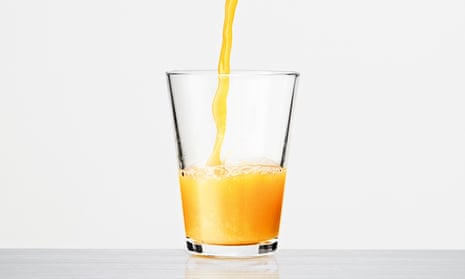Young adults in the UK are more likely to be teetotallers than their older counterparts, according to figures released this week. More than a quarter of 16- to 24-year-olds do not drink, compared with just over a fifth of the broader adult population.
Last year, just under 21% of people surveyed in England, Scotland and Wales said they did not drink alcohol, equivalent to around 10.6 million adults aged 16 or over. That’s two percentage points higher than in 2005, when the ONS first collected data on alcohol consumption.
But the proportion of 16- to 24-year-olds who say they do not drink has accelerated at almost four times that pace. Ten years ago, 19% of young adults said they did not drink alcohol, compared with 27% last year.
Conversely, teetotalism among those aged 65 and over is falling: in 2005, almost 30% of people in that age category said they did not drink; last year, it was 25%.
But while people in the youngest age group (16-24) are increasingly likely to be teetotal, drinkers in this age category were also more likely to binge drink – defined as men who exceed eight units of alcohol on their heaviest drinking day, and women who exceed six units.
When teetotallers are excluded, women aged between 16 and 24 were more likely than any other group to have binged in the week prior to the survey: 41% admitting to doing so, compared with 34% of men of the same age.
More generally, the proportion of adults who say they drink alcohol is at its lowest level since 2005. In 2016, just under 57% of Britons surveyed said they had drunk alcohol in the previous week, compared to almost two thirds (64.2%) in 2005.
In its commentary, the ONS noted that drinking behaviour is likely to be impacted by characteristics such as culture and ethnicity: the wider survey found that teetotalism is lower among white respondents (15.7%) than all other ethnic groups (56%).

Comments (…)
Sign in or create your Guardian account to join the discussion